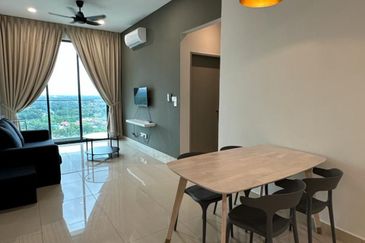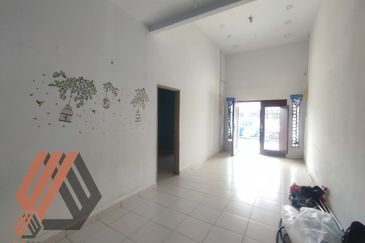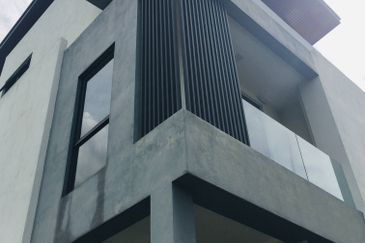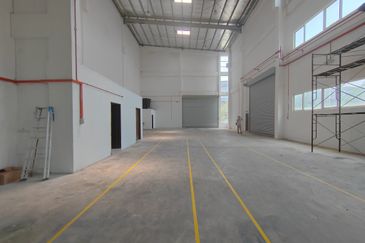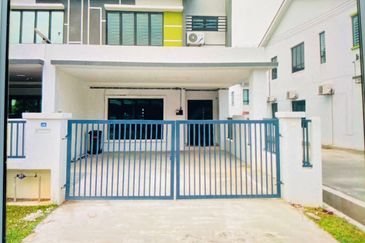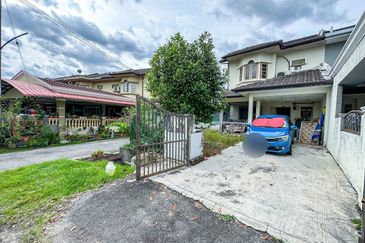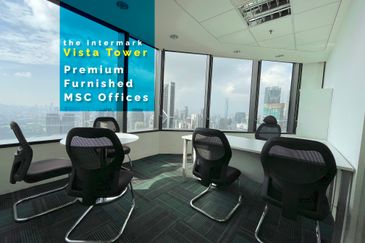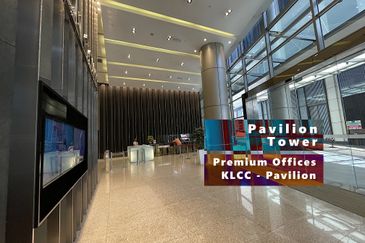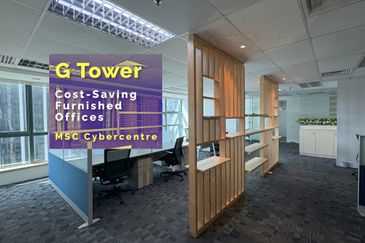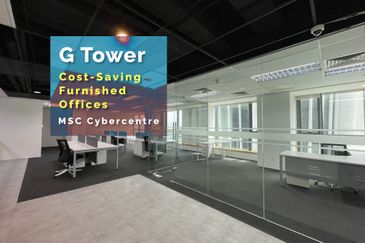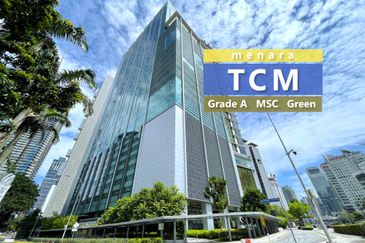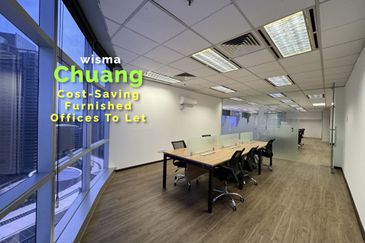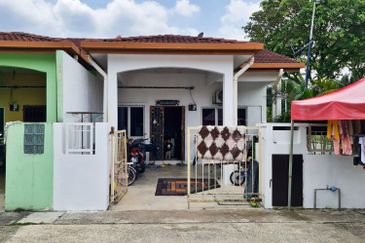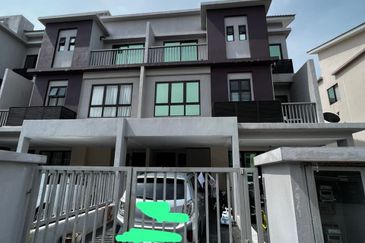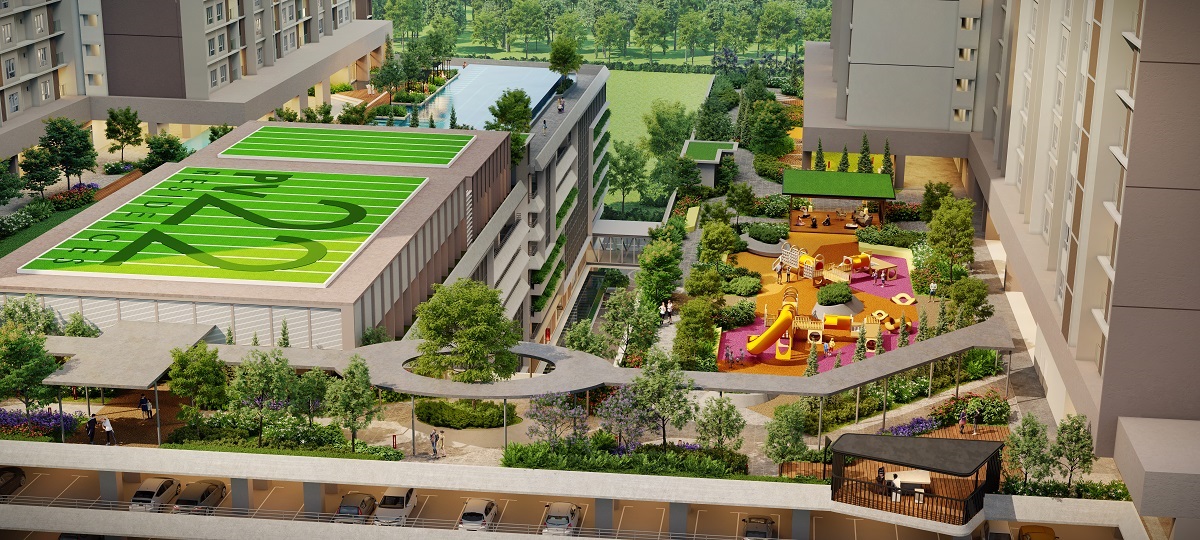KUALA LUMPUR (Aug 4): There is never an oversupply of shopping malls, said Persatuan Pengurusan Kompleks (PPK) Malaysia adviser Richard Chan, an opinion that differs from the general belief.
Chan noted that although many believe that there is an oversupply of shopping malls, more malls are still being built and no malls closed down last year.
“During the weekends, families go to the malls. Our weather doesn’t really permit one to go to the park,” Chan told The Edge Financial Daily yesterday at the Property Management Time Bomb Seminar 2017.
Chan highlighted that rather than fearing an oversupply of malls, developers have to understand what the market needs.
As building a mall takes a few years, Chan said developers shouldn’t be planning for a mall based on current trends but to cater to the future preferences.
“You can see it in all the big malls. They are adapting to the market. If you (developers) are able to change and keep pace with the market trends then you’ll do well,” said Chan.
According to data from the National Property Information Centre (Napic), Malaysia saw an increase of 11.34% to 972 shopping complexes in the country, with 14.85 million sq m as of the first quarter of 2017 (1Q17), from 873 shopping complexes with 12.39 million sq m for the 4Q13.
Rising supply of retail poses concerns about oversupply amid soft consumer sentiment.
Some industry experts noted that the shopping mall business has come under pressure and undergone substantial changes in recent times due to a confluence of external factors which includes the oversupply of retail space.
Analysts observe that the rapid increase in retail space is partly due to property developers’ and construction companies’ intention to cultivate recurring rental income in view that their earnings are cyclical.
Meanwhile, commenting on the outlook for the retail industry, Chan said there will be some growth but not strong.
“We are quite stable right now. The ringgit is quite stable, which helps. So, prices won’t be going up much,” said Chan. “For the rest of the year, I hope the retail [industry] will be stable. It won’t pick up high, not at the moment,” he said.
On a separate matter regarding strata management, Chan told the press conference yesterday that the Strata Management Act 2013 (SMA) and Strata Management (Maintenance and Management) Regulations 2015 (SMR), which were expected to resolve problems in strata management, have failed to do so.
Chan explained that the SMA has not been as effective because the act was drafted by industry players. He urged the authorities to take action on the issues raised by industry experts.
Furthermore, Bandar Utama Corp Sdn Bhd director Tan Sri Datuk Ir Teo Chiang Kok brought up issues faced by developers with regard to the SMA.
Teo said the SMA and SMR, which require developers to determine all the share units of the entire development before selling the first parcel, is idealistic but not practical as it will be a problem when the development is phased especially when the development is a mixed-use development.
“The determination of share units means the developer has to determine exactly what he has to build. This restricts changes needed due to changes in demand and market conditions. Many projects take five to 10 years to complete,” added Teo at the seminar yesterday.
This article first appeared in The Edge Financial Daily, on Aug 4, 2017.
For more stories, download TheEdgeProperty.com pullout here for free.
TOP PICKS BY EDGEPROP
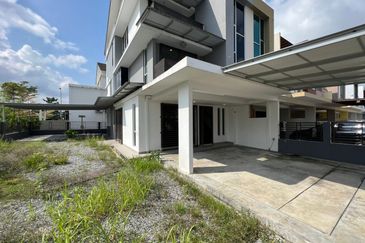
Bandar Botanic
Bandar Botanic/Bandar Bukit Tinggi, Selangor
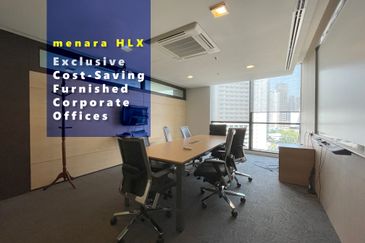
Menara HLX (formerly Menara HLA)
KL City Centre, Kuala Lumpur
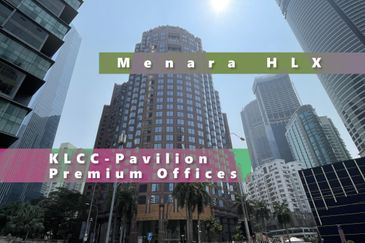
Menara HLX (formerly Menara HLA)
KL City Centre, Kuala Lumpur


